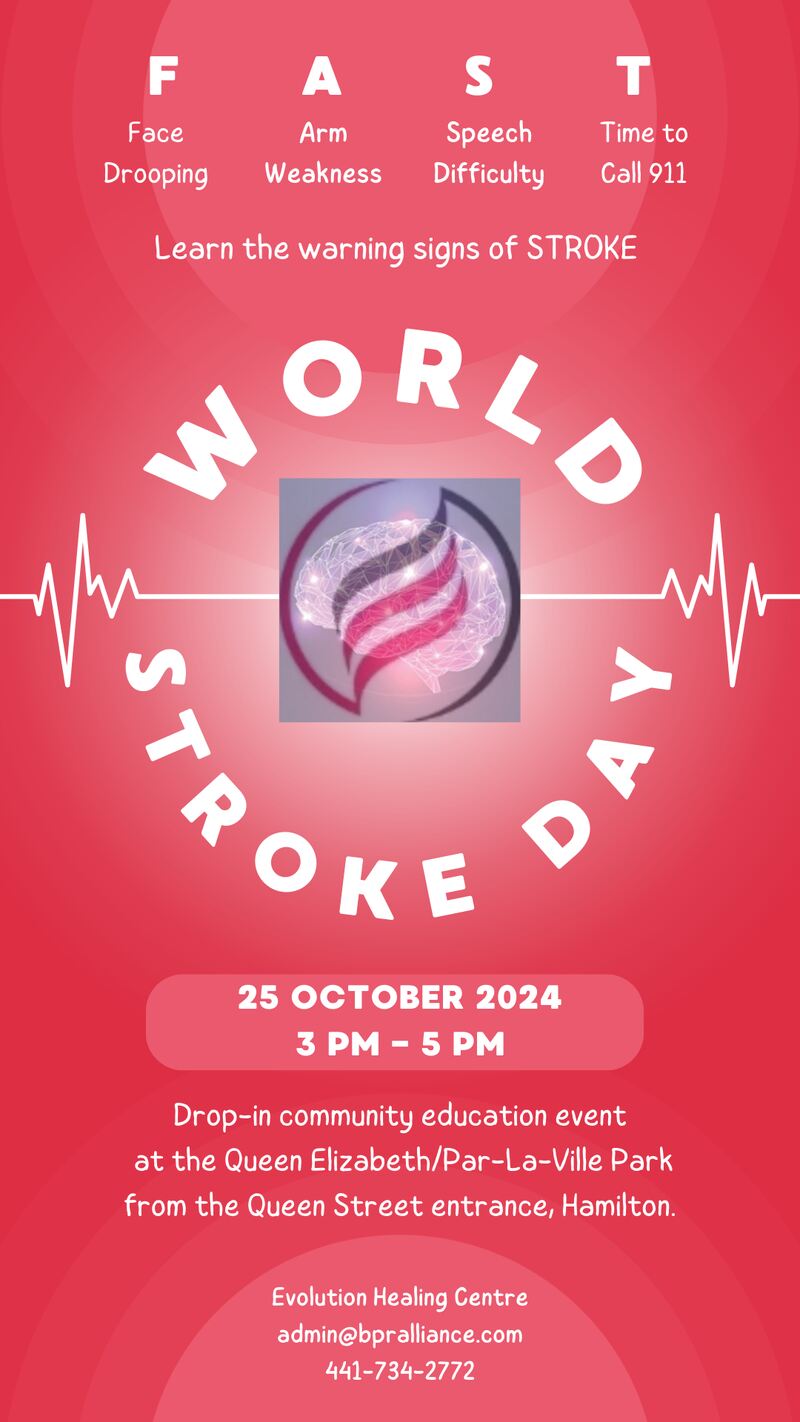Column: Dr. Kimberley Watkins On Stroke Myths
[Column written by Dr Kimberley Watkins]
When we think of stroke, we often associate it with the elderly population. However, it’s important to debunk the myth that stroke only affects older individuals. In reality, stroke can occur at any age, and it’s crucial for people of all ages to be aware of the risk factors and symptoms.
The quotes included are from those who have experienced a stroke.
“I had always associated stroke with the elderly until it happened to me and I realized that it was not only and aging health concern. When you are younger, you think that this could never happen to you. I keep hearing about younger people having strokes [under 55 years].”
While the likelihood of experiencing a stroke does increase with age, there are various factors, such as genetics, lifestyle choices, and underlying health conditions that can contribute to stroke risk in younger individuals. By raising awareness about the fact that stroke can affect people of all ages, we can promote early recognition of symptoms and encourage proactive measures to reduce the risk of stroke across all age groups.
It is hugely critical for society to recognize that strokes can come at any time, and sometimes without warning, and for us, it was while sleeping. Having had no exposure to strokes before our event, we were sadly unaware of the potential to suffer one when only in middle age, as like many, we believed this peril was more relative to old age.
Since then, and with our now much widened knowledge base, we have learned that strokes do not discriminate and can affect anyone at all ages. Knowing and paying attention to your family history is of paramount importance in defense of this threat.”
Younger individuals may face unique challenges when it comes to stroke awareness and prevention. While the risk of stroke is generally lower in younger age groups, certain factors can increase the likelihood of experiencing a stroke at a younger age. These factors may include genetic predisposition, heart conditions, high blood pressure, diabetes, obesity, smoking, and substance abuse. Additionally, young adults may be less likely to recognize the signs and symptoms of a stroke, leading to delays in seeking medical attention.
Furthermore, the impact of stroke on younger individuals can be particularly significant. Younger stroke survivors may face long-term disability, impacting their ability to work, engage in social activities, or maintain independence. The emotional and psychological effects of stroke can also be challenging for younger individuals, as they may face unique concerns related to family planning, career aspirations, and financial stability.
Stroke awareness and education on the high risk factors for stroke and the effects of stroke should be the key drivers for prevention. Especially because of the implications of the long-term physical and emotional disabilities, and the financial impact on the survivor and the effect on caregivers.
Addressing the specific needs of the younger population in terms of stroke awareness and prevention is crucial. This includes promoting healthy lifestyle choices, raising awareness about the signs and symptoms of stroke, and providing support for younger stroke survivors as they navigate recovery and rehabilitation.
By recognizing that stroke can affect individuals of all ages and tailoring education and support initiatives to address the needs of the younger population, we can work towards reducing the impact of stroke across all age groups.
- Dr Kimberley Watkins
Read More About
Category: All



